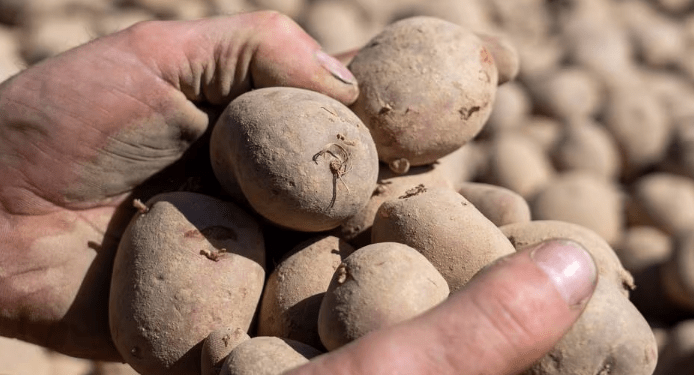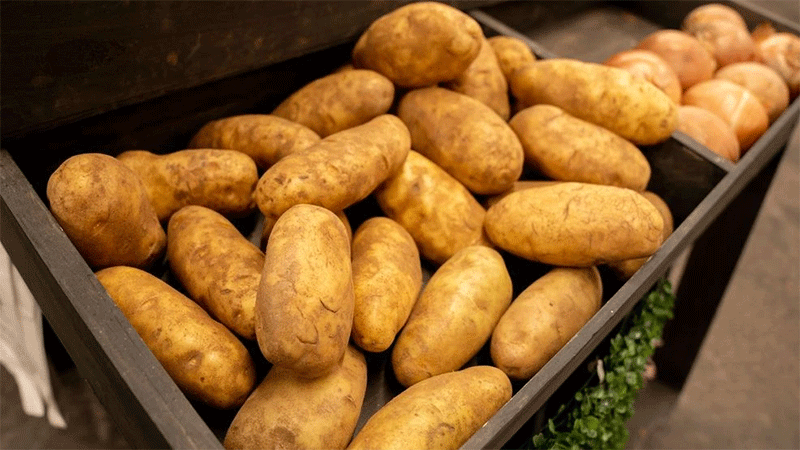Did you know that planting grocery store potatoes in your garden may be illegal and pose a significant risk to local farmers? According to the Norwegian Food Safety Authority (Mattilsynet), using store-bought potatoes as seed potatoes can lead to the spread of harmful plant diseases that could destroy potato crops and lead to stricter quarantine measures for farmers.
The main reason for this restriction is to prevent the introduction and spread of plant diseases that could seriously affect the potato yield. Tone Merete Gislerud, specialist consultant for the eastern region of Mattilsinet, explained in an email to NRK that using uncertified potatoes increases the risk of spreading diseases that could cause significant damage to Norwegian potato fields.
Dag-Ragnar Blystad, senior researcher at the Norwegian Institute for Bioeconomic Research (Nibio), elaborated on the wider implications. “Plant diseases can spread within a community and eventually reach the fields of neighboring farmers,” he said. If a farmer plants potatoes next to a field where non-certified potatoes have been used, he may face a quarantine period to prevent the spread of the disease. The duration of quarantine varies depending on the survival ability of the disease.
To reduce these risks, Mattilsynet strongly recommends using certified seed potatoes. Certified seed potatoes undergo rigorous testing to ensure they meet health standards and minimize the risk of disease transmission. “When you buy certified seed potatoes, you can be sure that they meet numerous health requirements,” explained Gislerud. These potatoes are grown under contract by growers who are monitored throughout the growing season.
Blystad added: “Seed potatoes are carefully checked to ensure good plant health. Table potatoes do not undergo the same level of testing for contaminants such as viruses.”
Recognizing the need to make certified seed potatoes more accessible, Mattilsynet revised its policies several years ago to simplify the procurement process. Tove Lund, a landscape gardener from Hageland in Brumunddal, noted the growing demand, saying: “We are almost out of seed potatoes, but there are still some on sale.”
The importance of this recommendation is emphasized by the current shortage of Norwegian potatoes in stores, which is exacerbated by the potential dangers of imported potatoes. “Imported potatoes pose a higher risk of disease exposure because they are grown under different regulations and their health status is often unknown,” Gislerud warned.







